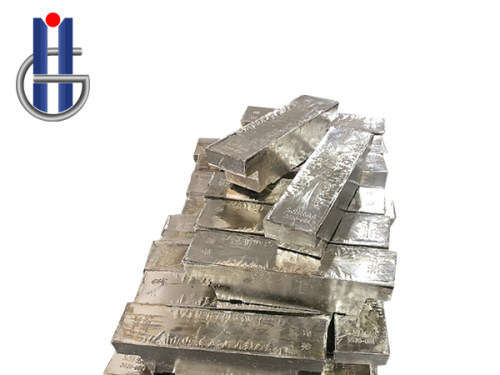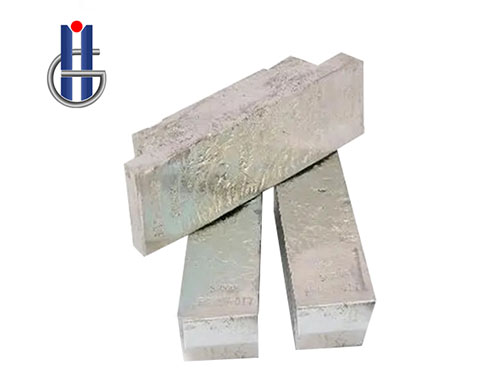A
tin ingot factory serves as the nucleus of tin production, employing sophisticated processes to transform raw materials into high-quality ingots. These facilities play a crucial role in supplying tin—a vital metal used in various industries, including electronics, packaging, and construction.
At the heart of a
tin ingot factory lies a series of meticulously orchestrated processes aimed at extracting, refining, and casting
tin into ingots of precise specifications. The journey begins with the procurement of tin-bearing ores or recycled materials, which undergo smelting to extract pure tin metal. Advanced metallurgical techniques ensure the removal of impurities, resulting in tin of exceptional purity and quality.
Once refined, the molten tin is cast into ingots using specialized molds and casting equipment. This step requires precision and expertise to achieve uniform ingot dimensions and weight, meeting the stringent standards demanded by customers and regulatory authorities. Quality control measures, including visual inspections and chemical analysis, ensure that each ingot meets the required specifications for composition and purity.
Furthermore, sustainability is a key focus in modern tin ingot factories, with efforts directed towards minimizing environmental impact and maximizing resource efficiency. Recycling plays a significant role in reducing waste and conserving natural resources, with scrap tin and tin-containing materials being recycled and reintegrated into the production process whenever possible. Additionally, advanced waste treatment technologies help mitigate the environmental footprint of tin production, ensuring compliance with stringent environmental regulations.
In addition to manufacturing excellence and sustainability, tin ingot factories prioritize worker safety and well-being. Rigorous safety protocols, training programs, and protective equipment are standard practices to ensure a safe working environment for employees involved in the production process. Occupational health initiatives further promote the physical and mental well-being of factory workers, fostering a culture of safety and responsibility.
In conclusion, tin ingot factories represent hubs of manufacturing excellence, sustainability, and safety in the production of this essential metal. Through advanced processes, stringent quality control measures, and a commitment to sustainability, these facilities supply high-quality tin ingots to meet the diverse needs of industries worldwide. As the demand for tin continues to grow in an increasingly interconnected global economy, the role of tin ingot factories remains vital in supporting industrial development and innovation.



 Exploring the Versatile World of Tin Wire Products: A Comprehensive Overview
Exploring the Versatile World of Tin Wire Products: A Comprehensive Overview
 Exploring the Uses and Advantages of Pure Tin Bars
Exploring the Uses and Advantages of Pure Tin Bars
 Spot Tin Ingots: Insights into Market Dynamics, Applications, and Global Trade Trends
Spot Tin Ingots: Insights into Market Dynamics, Applications, and Global Trade Trends